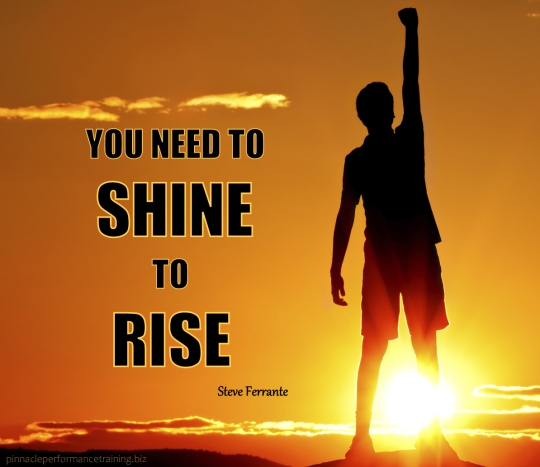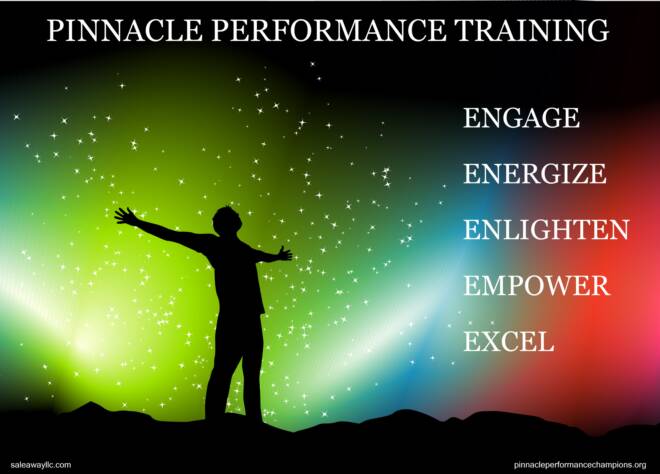
It’s fair to say that when most business people think of competition, they think of real people and not robots. But what if there were a robot that could do your job as well or, brace yourself, better than you? If I were the owner of a business that had that employee option, I would certainly want to know about it.
It has been said that the best predictor of future behavior is past behavior, so one need only look at the rise of the machines revolution that is well underway.
Where there were once human bank tellers now there are ATMs that can handle the average transaction with ease. At grocery stores everywhere, the explosion of self-checkout machines has taken on the role once reserved solely for human cashiers.
If you’re old enough you’ll recall there was once a time before Expedia, Travelocity and similar online sites when you had to visit a real human “travel agent” to find the best deal on a flight or vacation package.
And don’t get me started with ‘Drone Delivery’!
These examples are only the beginning of the revolution. One view of this excellent “Humans Need Not Apply” video and you’ll get a real sense of where we are and where we’re going.
So how can mere mortals compete against machines? How can brick and mortar retailers compete against the big (and getting bigger) online dot-com companies?
This question is very popular with my many clients in the tire/auto service industry who find their independent dealer status threatened by the increasingly popular dot-com companies that are gaining market-share from many of the same customers that used to buy from them.
The answer, in a nutshell, is to excel at something they don’t do.
By design, online businesses rely on an automated (non-human) customer experience. As an example, Amazon.com, by far the largest online retailer, does the vast majority of its multi-billion dollar business without any human contact.
That’s not to say they’re not good at providing human customer service. On the contrary, its world-class customer service has received many awards. It’s just that these human inter-actions, what Amazon.com considers “customer service,” is their Plan B.
Of course, many other online retailers don’t do nearly as well at human relations as Amazon.com and depend on customer’s online experience to fuel their sales engine.
This situation presents a clear opportunity to capitalize on the weak or missing element of the automated business model – the human connection. In essence, brick and mortar retailers that rely on face-to-face and/or on-the-phone business must maximize what the online companies minimize – the ability to humanize interactions.
Getting Emotional
Buying is primarily an emotional experience. Emotional engagement is a major driver of customer loyalty and advocacy for your brand.
A Forrester Research survey revealed that 89% of consumers felt no personal connection to the brands they buy. Without that personal positive emotional connection, loyalty suffers as customers can be easily persuaded to try a competitor for the same products and services you offer.
While a given automated system may do a good job at engaging the mind intellectually, even the best automated systems fail to engage the heart emotionally.
Zappos.com, the popular online shoe seller, credits their focus on making a personal emotional connection with customers as a key ingredient to their success. , said
Every call is perceived as a way to make a positive emotional connection with a customer. Tony Hsieh – CEO, Zappos.com
Like Amazon, Zappos does the vast majority of its business without a human interface. So while less than 5% of customers will engage with a Zappos customer service representative, they still view those interactions as critical opportunities to making personal emotional connections.
If you call the average shoe retailer seeking running shoes, as an example, the customer service representative will likely ask you all the functional questions required to find the proper product: What size? What style? Foot arch? etc.
If you call Zappos, a friendly customer service representative will very likely connect with you emotionally by asking you about you and, here’s a surprise, running! What kind of running do you primarily do? Indoor, outdoor, track, field? Where’s a good place to run around there?
Compared to humans, robots and automated interfaces are pretty poor at this type of personalizing of the customer experience.
As an integral part of measuring training effectiveness, my team and I at Sale Away have evaluated over 50,000 interactions between customers (and prospective customers) and the frontline sales and customer service staff of retail and service businesses all over North America. Our findings are conclusive that, before training and a true customer-focused process is institutionalized, the vast majority of representatives are functioning closer to robots than anything approaching real emotional connections with customers.
Humanize With Balance
We’ve all heard the popular sales expression “People Buy From People,” yet so many customer/employee interactions lack this “people” element.
Whether face-to-face or on the phone, every customer-employee interaction has two elements: a functional element and an emotional element. The functional elements represent the business/transaction side of our customer interactions. The emotional elements are the people/relationship side. When you don’t effectively humanize your interactions this emotional connection is missing or poor and the customer’s decision naturally defaults to price.
To effectively humanize your business, you should maintain a proper 50/50 balance between functional and emotional elements in every customer interaction.
Putting on the Ritz
The Ritz-Carlton is a great example of a business that humanizes its customer interactions to avoid commoditization and create raving fans for their brand.
Instead of striking a simple 50/50 balance between functional and emotional elements, the Ritz Carlton institutionalized a 33% functional/67% emotional guest engagement model. According the Ritz, this is the proper alignment of what reinforces the best outcomes for customers and, ultimately, the business.
In a 2006 interview for the Gallup Business Journal, former chief operations officer and president of the Ritz-Carlton Simon Cooper said, “When I’m talking to a group of employees about how to open a hotel, I ask them what guests can buy. Then I write down their answers. I write down things such as a room, or food and beverage service, or a spa treatment, and the like. Then I ask, “Now tell me what they can’t buy.” Obviously, guests can’t buy things like smiles or relationships or caring service.”
If your business name includes what you sell and/or you’re advertising your products or services, then it’s pretty clear to customers that they can buy them from you. That’s the functional part where humans need not apply. As Cooper pointed out, focus on what customers can’t buy and you’ll humanize your business and maximize emotional engagement with customers.
Put the People In
Remember, no matter what you sell you are in a people business first so be sure to emphasize the people part.
The basic needs of customers – being recognized and remembered, valued, appreciated, respected and understood – are all emotional areas that should be incorporated into customer interactions to maximize the competitive advantage of interfacing with your employees versus a purely automated system.
Competing against automated adversaries boils down to paying and providing real personalized attention to your customers at the point-of-sale and all the way through the relationship they have with your business.

Make a Great Day!
Steve 🙂
—
Steve Ferrante is the CEO & Trainer of Champions of Sale Away LLC., providing Pinnacle Performance Sales, Customer Service and Winning Team Culture training, speaking and professional development services to success-driven businesses throughout North America. For more information on Steve and Pinnacle Performance services for your team visit saleawayllc.com



























